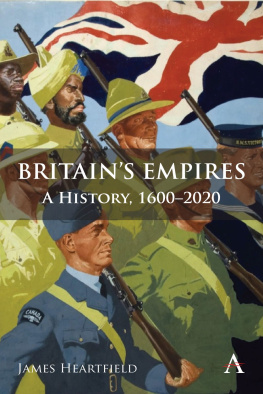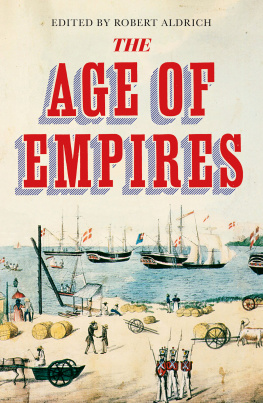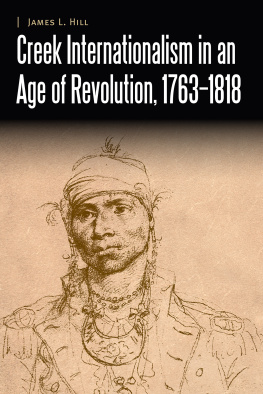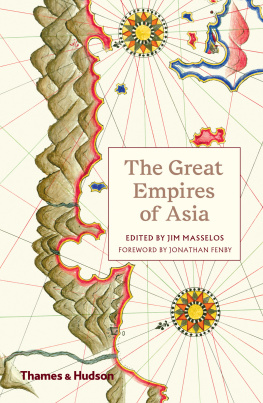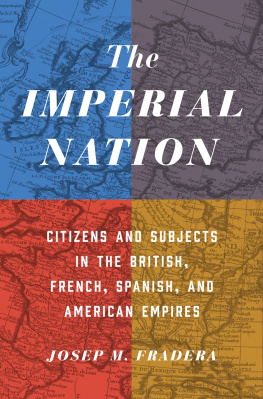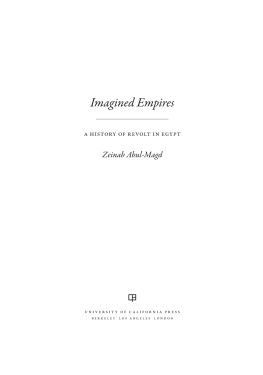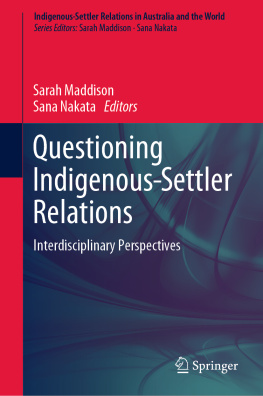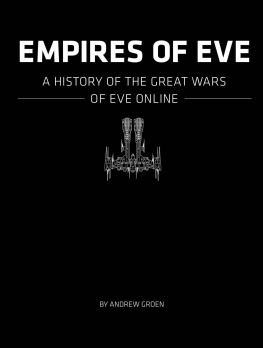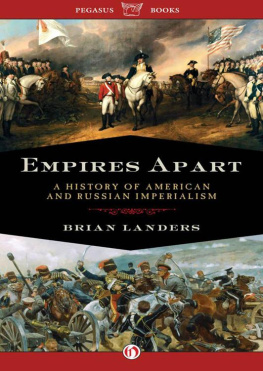The Nature of Empires and the Empires of Nature
Indigenous Studies Series
The Indigenous Studies Series builds on the successes of the past and is inspired by recent critical conversations about Indigenous epistemological frameworks. Recognizing the need to encourage burgeoning scholarship, the series welcomes manuscripts drawing upon Indigenous intellectual traditions and philosophies, particularly in discussions situated within the Humanities.
Series Editor:
Dr. Deanna Reder (Mtis), Assistant Professor, First Nations Studies and English, Simon Fraser University
Advisory Board:
Dr. Jo-ann Archibald (Sto:lo), Associate Dean, Indigenous Education, University of British Columbia
Dr. Kristina Fagan (Labrador-Mtis), Associate Professor, English, University of Saskatchewan
Dr. Daniel Heath Justice (Cherokee), Associate Professor, Indigenous Studies and English, University of Toronto
Dr. Eldon Yellowhorn (Piikani), Associate Professor, Archaeology, Director of First Nations Studies, Simon Fraser University
For more information, please contact:
Lisa Quinn
Acquisitions Editor
Wilfrid Laurier University Press
75 University Avenue West
Waterloo, ON N2L 3C5
Canada
Phone: 519-884-0710 ext. 2843
Fax: 519-725-1399
Email: quinn@press.wlu.ca
Karl S. Hele, editor
The Nature of Empires and the Empires of Nature
Indigenous Peoples and the Great Lakes Environment

Wilfrid Laurier University Press acknowledges the financial support of the Government of Canada through the Canada Book Fund for our publishing activities.
Library and Archives Canada Cataloguing in Publication
The nature of empires and the empires of nature : Indigenous peoples and the Great Lakes environment / Karl S. Hele, editor.
(Indigenous studies series)
Includes bibliographical references and index.
Issued also in electronic formats.
ISBN 978-1-55458-328-7
1. Native peoplesGreat Lakes Region (North America)Historiography. 2. Great Lakes Region (North America)Environmental conditionsHistory. 3. Human ecologyGreat Lakes Region (North America)History. 4. Native peoplesLand tenureGreat Lakes Region (North America)History. 5. Native peoplesColonizationGreat Lakes Region (North America)History. 6. Great Lakes Region (North America)Historiography. I. Hele, Karl S. (Karl Scott), 1970II. Series: Indigenous studies series
E78.G7N38 2013 971.300497 C2012-904308-7
Electronic monograph.
Issued also in print format.
ISBN 978-1-55458-422-2 (EPUB).ISBN 978-1-55458-421-5 (PDF)
1. Native peoplesGreat Lakes Region (North America)Historiography. 2. Great Lakes Region (North America)Environmental conditionsHistory. 3. Human ecologyGreat Lakes Region (North America)History. 4. Native peoplesLand tenureGreat Lakes Region (North America)History. 5. Native peoplesColonizationGreat Lakes Region (North America)History. 6. Great Lakes Region (North America)Historiography. I. Hele, Karl S. (Karl Scott), 1970II. Series: Indigenous studies series (Online)
E78.G7N38 2013 971.300497 C2012-904309-5
Cover design by Blakeley Words+Pictures. Cover image: Shingaba WOssin, by Charles Bird King (17851862). MPI /Getty Images photo from iStockphoto. Text design by Sandra Friesen.
2013 Wilfrid Laurier University Press
Waterloo, Ontario, Canada
www.wlupress.wlu.ca
This book is printed on FSC recycled paper and is certified Ecologo. It is made from 100% post-consumer fibre, processed chlorine free, and manufactured using biogas energy.
Printed in Canada
Every reasonable effort has been made to acquire permission for copyright material used in this text, and to acknowledge all such indebtedness accurately. Any errors and omissions called to the publishers attention will be corrected in future printings.
No part of this publication may be reproduced, stored in a retrieval system, or transmitted, in any form or by any means, without the prior written consent of the publisher or a licence from the Canadian Copyright Licensing Agency (Access Copyright). For an Access Copyright licence, visit http://www.accesscopyright.ca or call toll free to 1-800-893-5777.
This volume is dedicated to
all those living under both the sublimity of the natural world
and the shadow of empires in the Great Lakes.
CONTENTS
Karl S. Hele
John MacKenzie
Heather Marie Annis
Alesha Jane Breckenridge
Lori-Beth Hallock
Brian Rice
Karen J. Travers
Rhonda Telford
Lianne C. Leddy
Maureen Riche
Mara Cristina Manzano-Mungua
Christianne V. Stephens and Regna Darnell
David T. McNab
Ute Lischke
Rick Fehr
Jon Johnson
Preface
Karl S. Hele
This book, and the conference that sparked its creation, originated from John MacKenzies monograph Empires of Nature and the Nature of Empires (1997). Ivison and many other Canadians fail to realize that the pragmatism evidenced by the prime minister is simply one element of the governments historic and ongoing colonial relationship with First Nations. Canadians seem to think that France and Britain were the colonial powers and that the slate was wiped clean in 1867 with the birth of Canada as a nation. Sadly, this is a failure to grasp the reality that Canada and its provinces are and remain colonial empires with the subjugation of Indigenous population resting at the nations core.
It is time we listened to those who speak to the earth and learn the lessons about how to live upon this planet without destroying it before ruining other worlds.
To Indigenous peoples, humanity is but one occupant of a diverse and interconnected world of beings that are bound together in a variety of known and unknown ways. This is often referred to as the circle of life, the circular movement of which can be seen in the movement of the seasons and animal life patterns, as well as a plethora of other cycles. Modern Western, and even Eastern societies, through the growing empire of statistics, are seeking ways in which to predict and eventually control the cycles of life as they are understood through a superimposed linear pattern. However, this effort is counterintuitive to the whirlwind of our existences. The sense of interconnectedness that shapes Indigenous interactions with the environment is key to understanding how to restore nature to its central position in the human relationship. Non-Indigenous people may scoff at the idea that rocks, trees, waterfalls, birds, bears, humanity, and all matter of life can be both animate and inanimate depending on the circumstances and essence of the thing, but the binary division of animate and inanimate, developed by Western thought as a way to categorize Indigenous belief and views of their natural world, fails to grasp the complexity of this knowledge while serving to belittle it in the process. To break this habit of mind that Western knowledge is supreme in all things, we must listen and hear what knowledgeable Indigenous people have to say. We must begin to cross the epistemological divide between Indigenous and non-Indigenous, or between the modern and the other.
MacKenzies work focuses on the environmental history of the British Empire and suggests fresh modes of analysis and connections with the Scottish experience. The Great Lakes region were a part of that empire, and many of its colonizing agents in the Americas were Scottish. Therefore, Dr. Mac-Kenzies work is directly applicable to the study of the Great Lakes watershed. This conclusion led to the call for papers for a conference sponsored by the former Atkinson Faculty of Liberal and Professional Studies at York University, Center for the Study of Indigenous Border Issues, and the Bkejwanong (Walpole Island First Nation) community. Papers presented at this conference took their cue from MacKenzies foundational studies. Drawing on both documentary and oral records, conference participants presented a series of papers that discussed the relationship between nature and empires in the context of the Great Lakes watershed. This volume in turn draws upon the conferences theme, the papers presented there, and contributions solicited through a call for papers.
Next page

